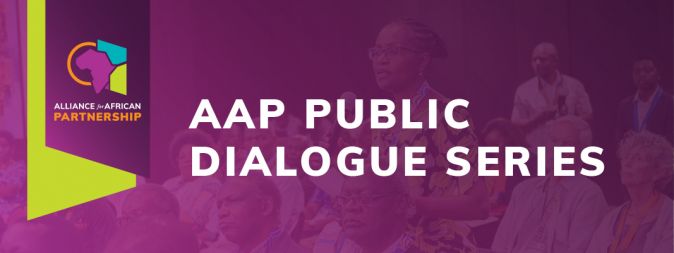
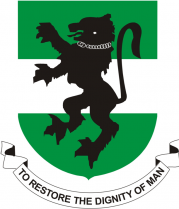
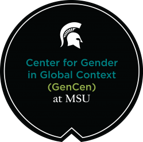

Moderator: Anthonia Achike
Professor, Agricultural Economics and Director, Gender and Development Policy
Centre (Gen-Cent), University of Nigeria, Nsukka

Barnabas Nawangwe
Vice Chancellor, Makerere University
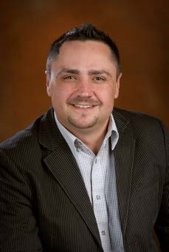
Aldo Stroebel
Executive Director of Strategic Partnerships, National Research Foundation, South Africa
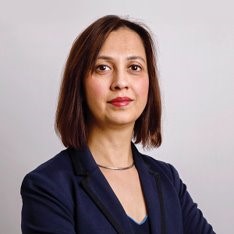
Zohra Khan
Global Policy Advisor, United Nations Women
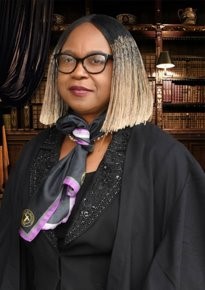
Law Professor, University of Nigeria (Enugu Campus)
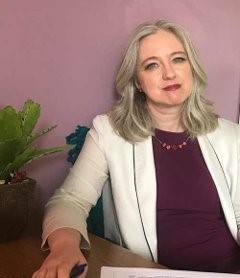
Stephanie Nawyn
Center for Gender in Global Context, Michigan State University
Despite women being over fifty percent of the total global population and significant global attention being placed on gender and women’s empowerment, they are nowhere near achieving equality.1 Many organizations have instead adopted a gender equity principle of providing men and women not with the same resources, but with what they need to succeed. This has been prioritized in the sustainable development goals (SDGs Goal 5) and in the African Union (AU) Agenda 2063 (Goal 17). Although there is recognition of the need to have gender equity in every area of development, the situation in Africa in particular, is quite dire and how to achieve it is still not very clear. Therefore, women remain grossly underrepresented across all sectors despite possessing competitive skills and there are many efforts - from higher education to business to government—to increase their numbers. The issues about gender however, go beyond just increasing the participation of women, it is also about eliminating the persistent, structural sexism in work environments at higher education institutions, as well as in the public and private sectors. Women’s voices also need to be represented throughout the value chain, but perhaps most importantly at the leadership level of policy, research, and business so that there are advocates negotiating for gender equity during decision making. Finally, there is need to integrate gender at all levels so that solutions are provided for both women and men in their day-to-day lives as agents of development. This is important because societies thrive when all citizens have equal access to and control of resources, as well as access to opportunities more broadly.
There are a number of reasons that there is slow action on gender equity in Africa; perhaps one of the most critical is the underinvestment in gender equity and women’s empowerment. Financing for gender equity is central to achieving the SDGs as inadequate financing can hinder the implementation of gender-responsive laws, policies, and programs across all sectors. This session will focus specifically on the higher education sector and examine some of the transformative strategies for allocating resources for gender equity and achieving SDG Goal #5. We will discuss gender equity challenges in higher education (HE) and the role that different organizations are playing in facilitating gender financing through building partnerships, providing tailored technical assistance and guidance and building institutional capacity and knowledge. A number of success stories will also be shared.